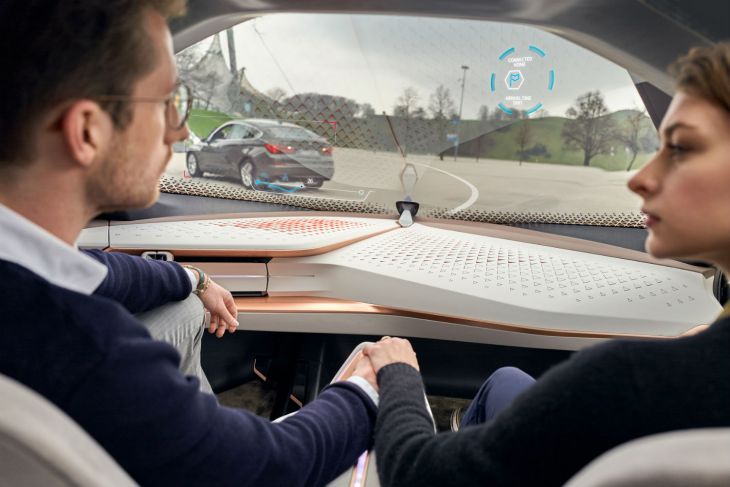Modeling the human behavior and integration of it into robots and intelligent systems lead to not only a better understanding and acceptance of those systems by users but also a considerable increase in adaptability and flexibility of the intelligent entity which is at service. Autonomous cars, by definition, are a unique type of service robots with a high level of complexity in their functions and services. Proactiveness and personalization, as the key aspects of comfort functions in the vehicle, along with the safety concerns in highly automated driving, require a good understanding of the current emotional status of the users and their intentions accordingly. Studying the human behavior in the cabin and its differences from other environments is the very first step in paving the road for further progress in this field and requires close coordination between the behavioral science, psychology and computer science besides automotive engineering.

Yet, developing generic models based on emotional behavior of the driver/passenger for emotion recognition systems is at its early stages. There is still a lack of proper fusion strategies for different modalities of data and sensory inputs in affect recognition which varies from use case to use case, altogether with the absence of the proper databases which are collected accordingly to study and train the AI-based functions. Meanwhile, defining the evaluation criteria for the systems which employ the emotional status of the user in the car seems to be a critical matter. This workshop aims to gather experts active in related scientific domains with the industry experts, dealing with the state-of-the-art technology in autonomous driving in order to shed a light on the currently existing challenges and their importance, with forming serious discussions. Our last but not least goal is to draw an outline for the close coordination of the research fields of robotics, humanoids, human-robot interaction, autonomous driving, emotion recognition, behavioral science, psychology, and affect recognition.
The main target group of this workshop are the scientists and researchers active in the fields of robotics, humanoids, human-robot interaction, autonomous driving, emotion recognition, behavioral science, psychology, and affect recognition. Developers and implementers from robotic and automotive industries are also invited to enhance the discussions on identifying the demands and requirements from industry perspective.
Main Tracks of the Workshop
1- Affect Modeling:
- Emotion representation and modeling of humans
- Modeling human behavior according to the emotional state
- Embedding affective models in cars
- Machine learning in human behavior modeling
2- Multimodality:
- Multimodality in emotion recognition systems
- Multimodal databases for affect recognition
- Affective data acquisition technologies
- Approaches to obtaining reliable ground truth and affective data
- Approaches to annotating and mapping the expressive behavior to emotional states
- Sensory data fusion methods and approaches for emotion recognition systems
3- Application and Evaluation:
- Maintaining emotional awareness in autonomous cars
- New benchmarks for measuring the accuracy of emotion recognition
- Emotionally Intelligent Personal Assistants for self-driving cars
- Preserving privacy in developing multimodal databases
- Approaches to evaluating the robustness of the emotion recognition systems